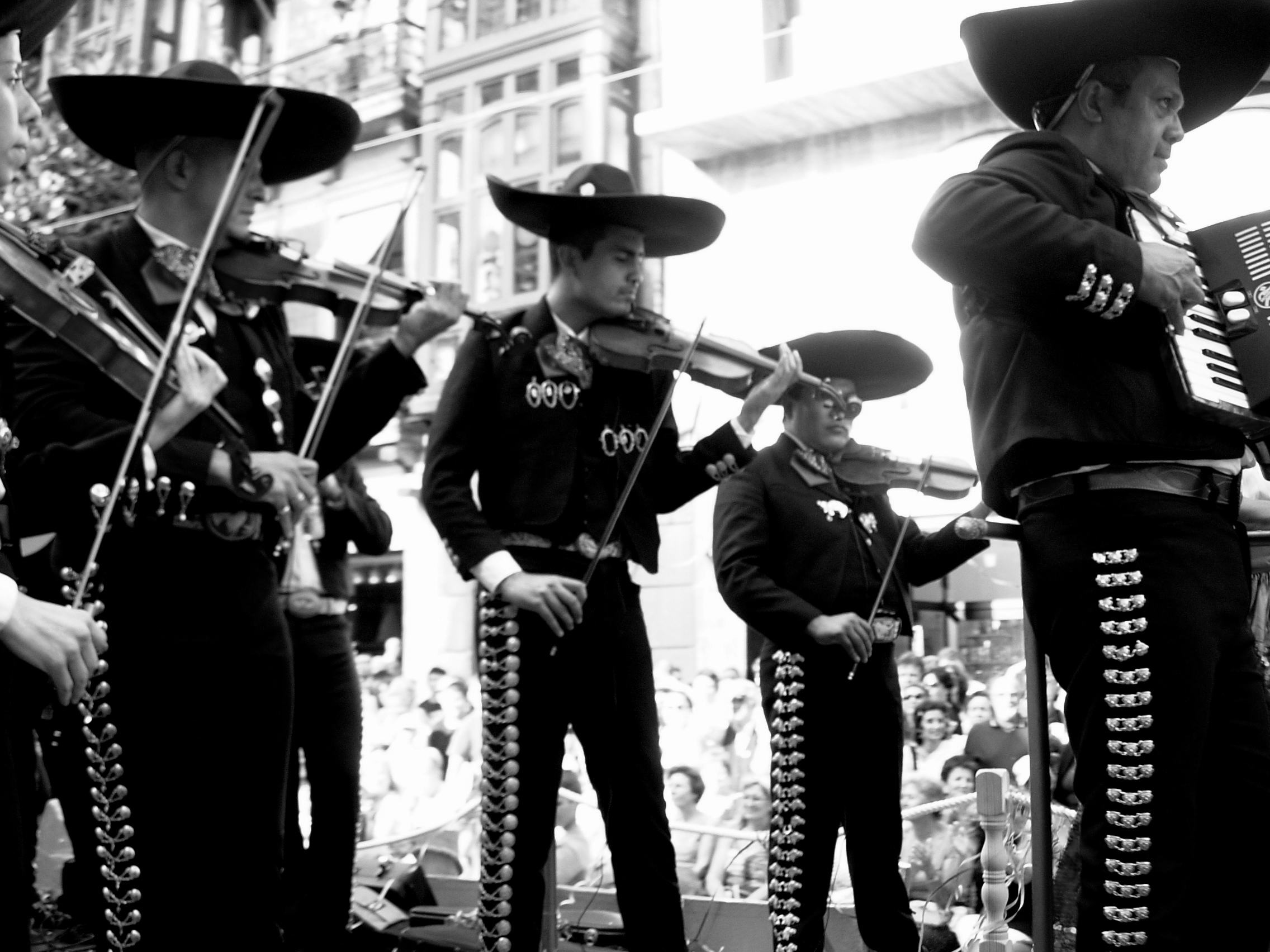Plaza Garibaldi in Guadalajara, Mexico attracts a good number of mariachis, some very young, others veterans, all proudly representing the Mexican tradition in their impeccable charro suits.
Over five decades of work, Mario, the tall mustachioed mariachi member saw the best times of the plaza many years ago, when entire families came to celebrate. Now, Mario says, over the years the people gathering to hear the mariachis are decreasing.
"The work for us is much lower, music and mariachi are no longer a staple, it is a luxury for people who can give to the musicians playing, and in the . . .
Already a Subscriber? Login Here


